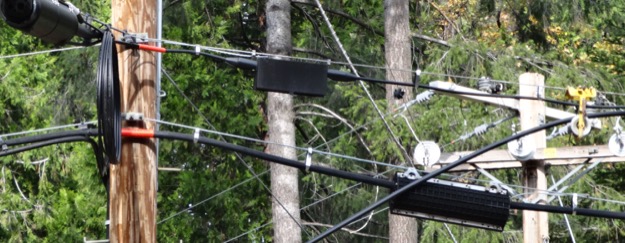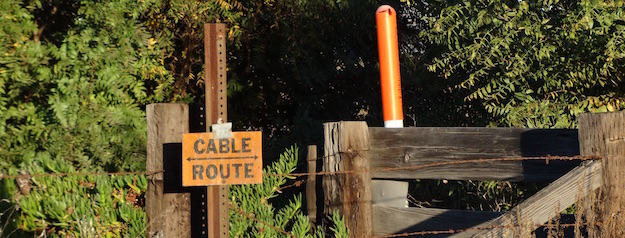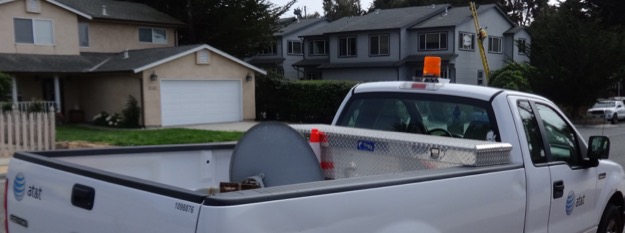Hope dims for good broadband policy in Sacramento
![By Apollo 12 crew (Apollo Imagery) [Public domain], via Wikimedia Commons](https://www.tellusventure.com/images/2017/8/solar_eclipse.jpg)
It’s an eclipse that’s shading the sun this morning, not the return of the California legislature from a month-long break. Although you might be excused for thinking so. The dismal outlook for broadband policy in the California capitol is as gloomy as the Oregon coast will be this morning. But our neighbors to the north will only have to wait a couple of minutes for the light to return. We’ll have to endure the darkness.
Three bills are pending that could shape Californian broadband policy for years to come.… More

![By Dwight Burdette (Own work) [CC BY 3.0 (https://creativecommons.org/licenses/by/3.0) or CC BY 3.0 (https://creativecommons.org/licenses/by/3.0)], via Wikimedia Commons](https://www.tellusventure.com/images/2017/8/lyndon_township.jpg)




![By Public Domain Images [Public domain], via Wikimedia Commons](https://www.tellusventure.com/images/2018/11/race_fast_tractor.jpg)
![By Beyond My Ken (Own work) [GFDL (https://www.gnu.org/copyleft/fdl.html) or CC BY-SA 4.0-3.0-2.5-2.0-1.0 (https://creativecommons.org/licenses/by-sa/4.0-3.0-2.5-2.0-1.0)], via Wikimedia Commons](https://www.tellusventure.com/images/2017/8/homeless_with_cell_phone.jpg)

